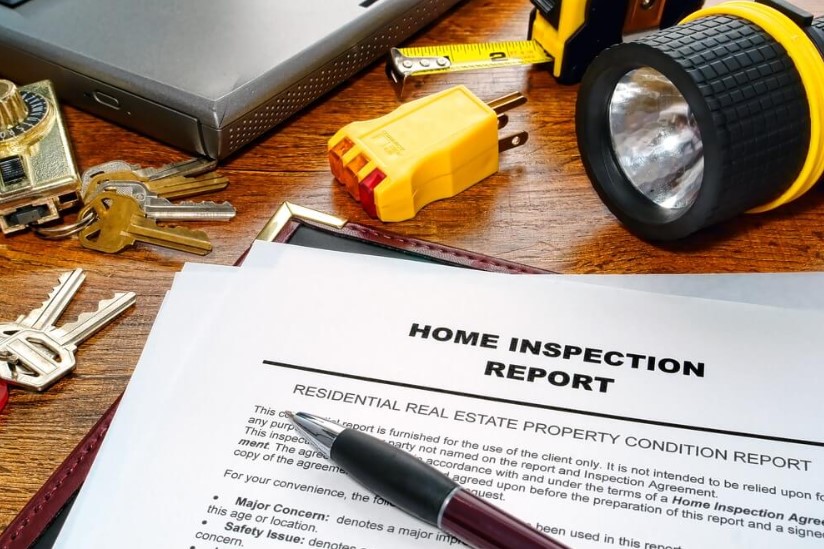
A time has come when you are ready to buy a home. You go through all the processes, and the seller hands you the keys, only to realize there are defects the sellers did not disclose. Such situations are regular, and you might wonder what to do next. Some repairs can cost a lot of money, which can add to the total cost of buying the house. Ideally, it is the seller’s responsibility to work on the defects before you close the deal. If they fail to do so and have not disclosed the flaws, it is vital to know the proper steps. Here are steps to follow when dealing with undisclosed defects when buying a house.
Determine the Party Responsible for Repairs
The seller is responsible for informing you about any repairs or defects with their property. That way, you can decide if the seller will cover the expenses, or you can negotiate the cost when paying for the house. The law requires sellers to disclose to buyers about specific defects in their property. They need to sign a disclosure form before completing the sale. Another person who may be liable for the disclosure is the real estate agent. A seller agent can be legally responsible for not disclosing issues the seller told about them. A Spokane real estate attorney who is familiar with real estate transactions can help determine if the seller and their agent had an obligation to disclose the issues. The inspector you hired before buying the house should also have spotted the repair that the seller probably did not know about.
Check if You Have a Legal Case
Once you figure out the person responsible for the repairs, you want to know if they will cover or compensate you. Check if you have a case if you realized the defect before you bought the house. You also have a claim if the fault was not visible before you purchased the home. However, if you saw the problem and decided to bring it up later, you may not have a solid case. You also have a chance if you were not informed about the issue or someone lied.
Consider Alternatives Before Going to Court
Before you rush to court to resolve the issue, it is advisable to recover the expenses first. Out-of-court compensation is advisable since it prevents the lengthy and tedious court process. You can write a demand letter asking the responsible parties to cover the cost of repairs. Suppose the party does not agree to compensate or fix the issue. In that case, you can choose a mediator to help resolve the dispute.
File a Lawsuit
If resolving the dispute through a negotiation or mediation has failed, you may decide to file a lawsuit. You can sue the seller based on fraud, breach of contract and warranty, negligence, failure to disclose, and misrepresentation. When filing the lawsuit, ensure you are within the statute of limitations. Work with your real estate lawyer to build a solid case and gain the winning edge.
Key Takeaways
Suppose a seller lies or fails to disclose defects when buying a house. In that case, you are within legal rights to get compensation for damages. A seller needs to have a disclaimer statement that states the repairs required in the house. Therefore, if there is something false in the report, they could pay a fine or face the law. Seek help from an experienced real estate lawyer to navigate the situation.

